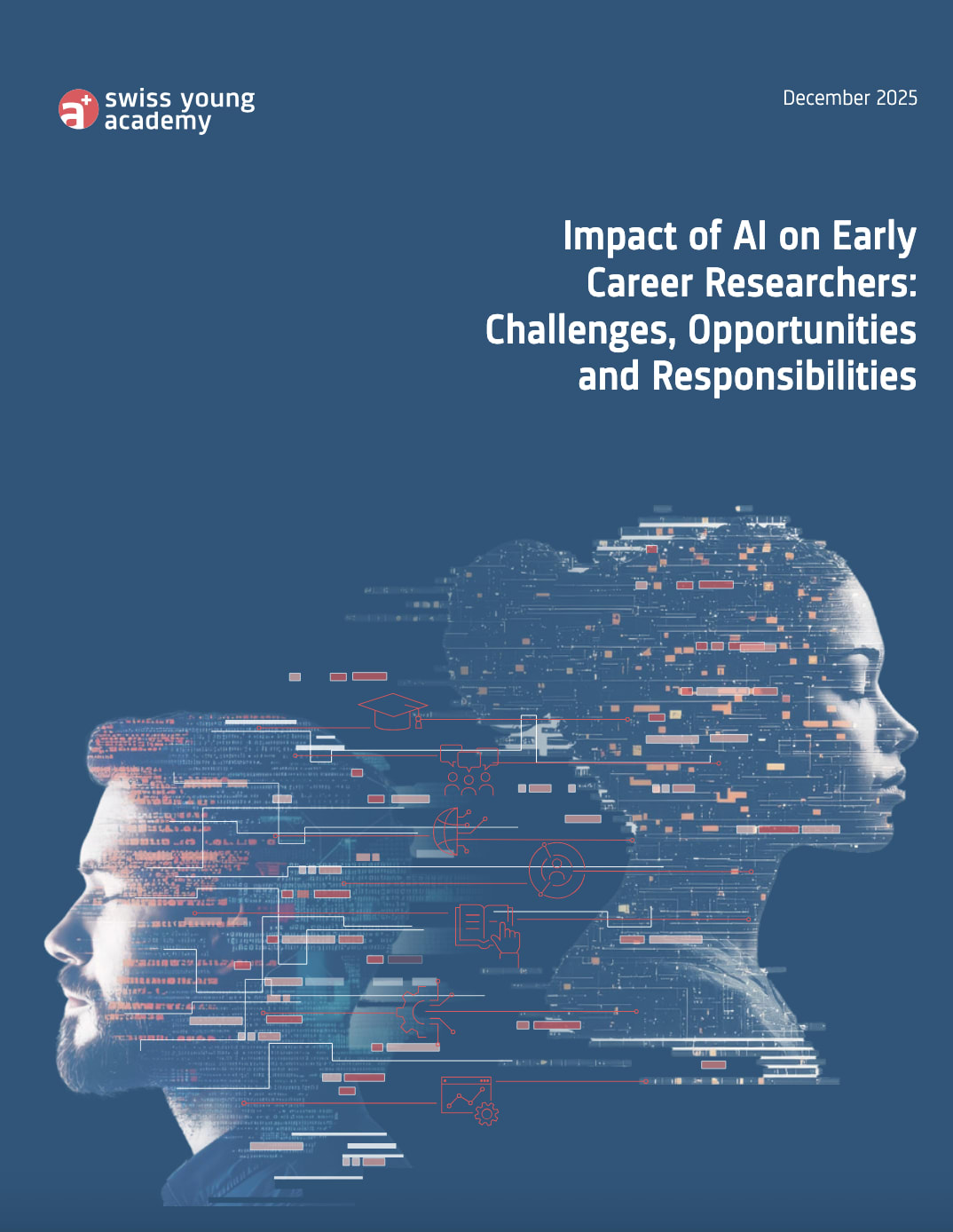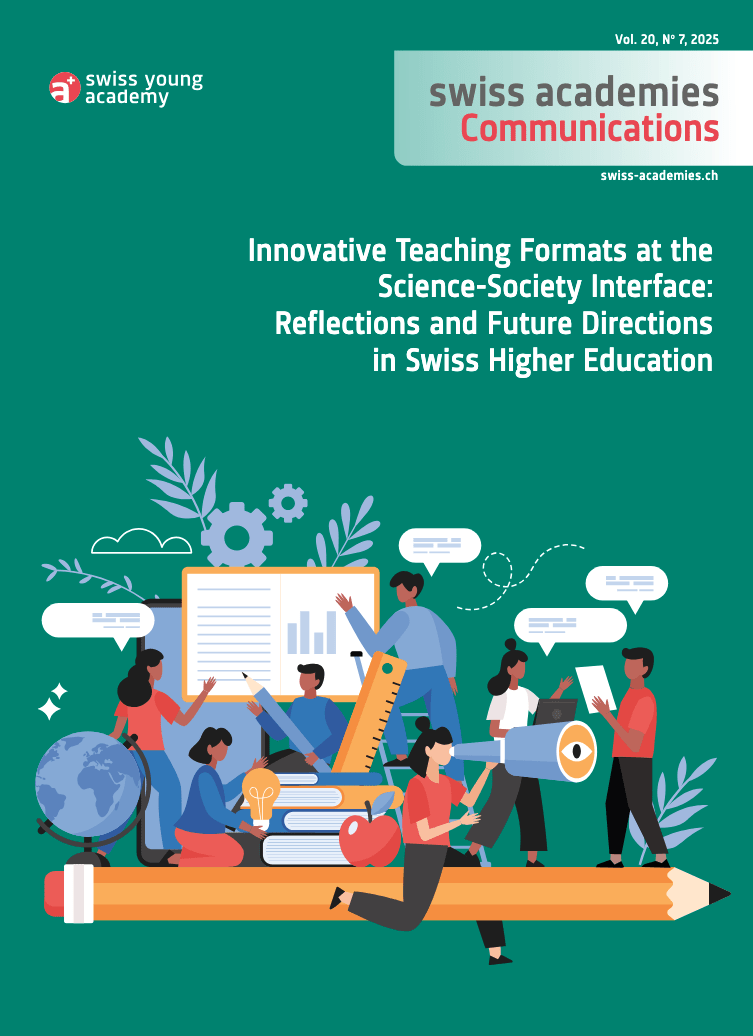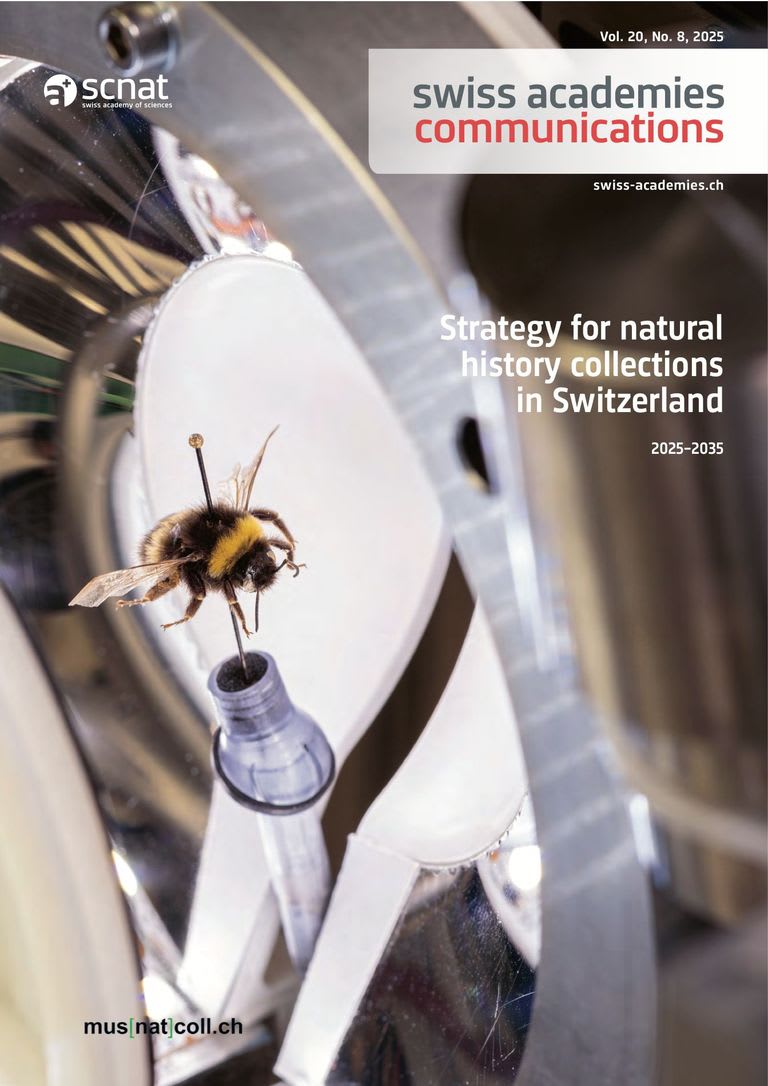Swiss Academy of Sciences SCNAT
Sustainable Development and World Heritage Site Management in Switzerland: Perceptions and Priorities
SWISS ACADEMIES COMMUNICATIONS, VOL. 14. NO 4, 2019
Amid global challenges such as climate change and growing tourist numbers, what issues do UNESCO World Heritage Sites face in terms of sustainable development? Since the adoption of a global policy on World Heritage and Sustainable Development in 2015, reflecting on this question has become increasingly important in terms of framing national responses.
This report summarizes the key findings of a rapid survey on the main concerns and issues identified by site managers and other stakeholders in the Swiss context. The first section explores the perceptions of sustainability issues and challenges. The second examines experiences with and conditions for sustainable development action in the Swiss World Heritage context.
Peter Larsen Bille (2019) Sustainable Development and World Heritage Site Management in Switzerland: Perceptions and Priorities. Swiss Academies Communications 14 (4).




